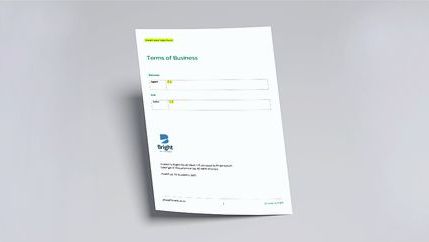
The National Trading Standards Estate and Lettings Agency Team (NTSELAT) is particularly interested in identifying areas of risk for businesses, and potential detriment to consumers through R2R schemes, as well as the efforts of the property industry to improve standards and ensure relevant regulatory compliance for R2R properties.
Work with agents to establish good practice
Propertymark members have had good experiences of working with R2R operators, and we identified several measures which will help avoid the market becoming host to poor practices.
The property owner and R2R operator must establish clear expectations before they enter a contract, so that each party understands what they are responsible for. Letting agents can work with landlords and operators to ensure they understand their duties to each other and to the end tenants. Agents can also provide advice if either party has concerns.
We also believe that R2R schemes should sign up to a deposit protection scheme, establish client money protection, join an independent redress scheme, and be required to meet the same housing standards as traditional PRS properties.
What is Rent-to-Rent?
There are several R2R models, but generally the schemes involve an owner or superior landlord renting or leasing their property to another entity, usually at below-market rate, in exchange for a guaranteed rent.
The R2R operator is then usually free to further let out the property to tenants of their choosing, becoming the direct landlord of those occupiers.
R2R schemes may encourage new landlords to enter the PRS, helping to improve the balance between supply and demand for rented homes, however, this must not come at the cost of high-quality housing and vital tenant protections.
Alternative tenancy arrangements
R2R operators need to be able to evict occupants at the end of their contract with the superior landlord, and therefore will be more likely to avoid using Assured Shorthold Tenancy agreements (AST).
An alternative is to sub-let on a short-term basis, which means the occupant is not technically a tenant, but living in the property through a licence. This leaves occupants without the same legal protections as a tenant, for example, putting them at greater risk of eviction without notice.
By avoiding the use of AST’s, R2R operators may also escape the changes set out in the Renters (Reform) Bill.
Misleading information for new landlords
We are concerned that schemes are marketed in a way which emphasises the chance to earn passive income and plays down what is required from a superior landlord.
Contracts vary, but the property owner may not realise that they have no control over who occupies the property or how much the property can be altered.
Some people signing up to let out their home to an R2R operator may be attracted by the ability to earn a passive income without the need to worry about the responsibilities of managing the property themselves. This could lead to contracts being signed that are heavily in favour of the R2R operator, leaving the superior landlord unaware of the risks involved to their property.
Loopholes for rogue landlords
There is also potential for a superior landlord to take advantage of an inexperienced R2R operator, for example by passing on the responsibility for refurbishing properties or pushing them to operate in illegal ways.
Propertymark is aware of a case in 2023 where a property was sub-let without the proper HMO licence and the R2R operator was held responsible for repaying rent to the tenant, despite the fact it was the superior landlord who should have licensed the property.




